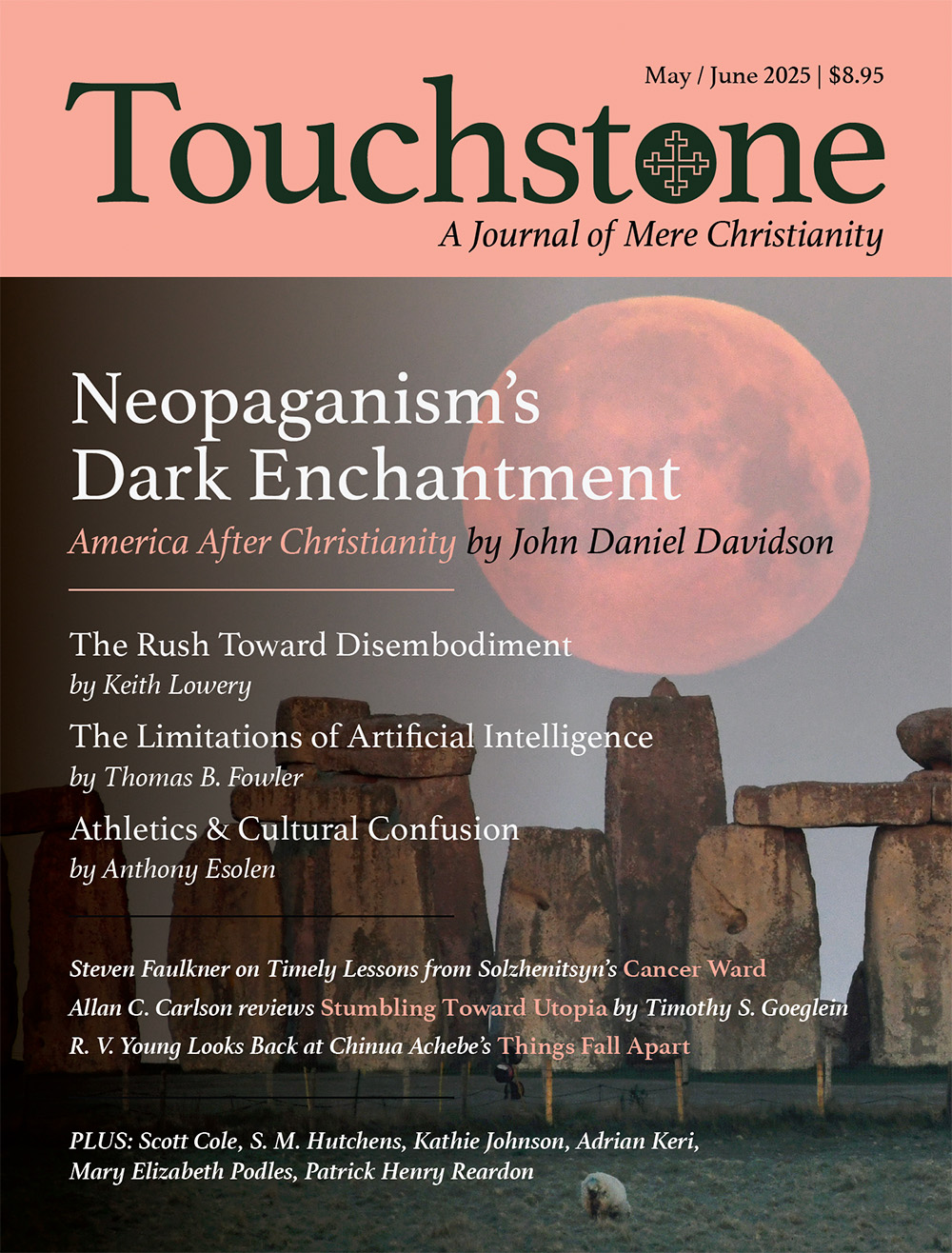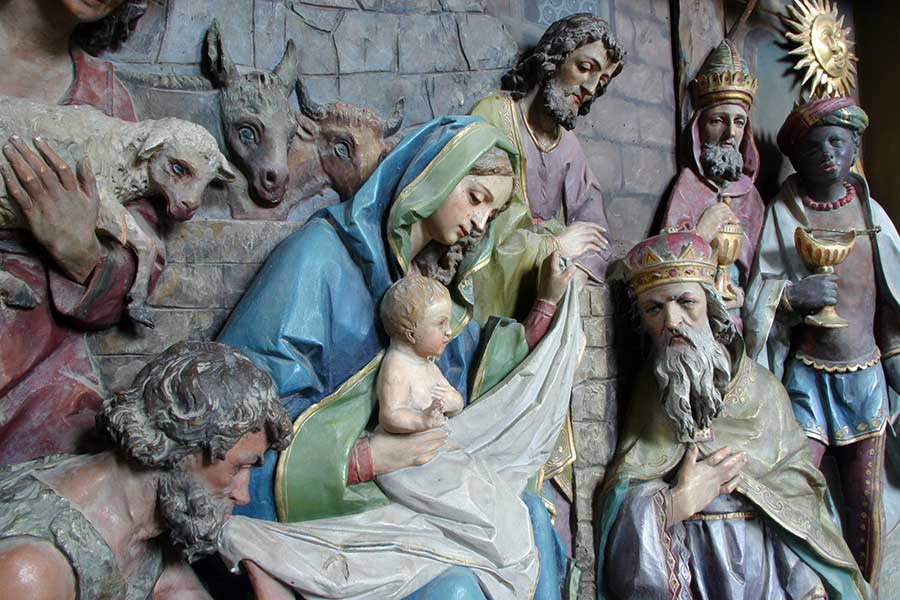Little Acquiescences
Student protests. They’re here again. Demonstrations, sit-ins, occupations of administrative buildings, tent encampments, placards, shouting, cursing, destruction of university facilities. Some of us are old enough to remember the late 1960s and early 1970s. I finished high school in a quiet Midwestern town that was home to a state agricultural college that had blossomed into a quiet university: Kansas State University in Manhattan, Kansas. Students and town inhabitants were concerned about the Vietnam War; television news reminded us of it every night, and Fort Riley, a few miles away, was funneling soldiers there, but most of us were more interested in the college basketball team and its sudden run of victories than in national or foreign affairs.
In 1968, I left for a college near Chicago, but over the next several years, student demonstrations and street riots erupted across the country: race riots in Detroit and Harlem, war protests in Washington, D.C., snipers on rooftops picking off the firemen and policemen sent to quell arson fires in Indiana; in my hometown, student arsonists burned down a Kansas State gymnasium. There were underground revolutionary groups like the Weathermen, who were quite willing to use violence. The immediate causes of student unrest were, in some ways, different then, but the instigators look remarkably the same these days. And, now as then, graduate teaching assistants, lecturers, adjunct professors, and tenured professors often support, even foster, student protests. Ideologies, from Marxism to feminism to anti-colonialism and Derrida’s deconstructionism had been festering and developing on campuses for years while Judeo-Christian ethics were being abandoned.
Silent & Compliant
Recently, I reread Alexander Solzhenitsyn’s marvelous novel Cancer Ward. I’d forgotten how Solzhenitsyn, like Dostoevsky before him, reveals a wide range of ideologies current in his day by way of his characters. Toward the end of the novel, we get to know a librarian who is about to be operated on for rectal cancer. His name is Aleksei Shulubin. After the Communist Revolution, he had become a university teacher in Moscow. Oleg Kostoglotov, the novel’s main character (who, like Solzhenitsyn himself, had spent years in a concentration camp for political dissent and had also contracted cancer), gets into a conversation with Shulubin.
THIS ARTICLE ONLY AVAILABLE TO SUBSCRIBERS.
FOR QUICK ACCESS:
Steven Faulkner teaches creative writing at Longwood University in southern Virginia. He is the author of Waterwalk: A Passage of Ghosts (2007) and Bitterroot: Echoes of Beauty and Loss (2016). Both books are memoirs of father-son journeys that followed the paths of missionary priests: Marquette (in Waterwalk) and De Smet (in Bitterroot).
bulk subscriptions
Order Touchstone subscriptions in bulk and save $10 per sub! Each subscription includes 6 issues of Touchstone plus full online access to touchstonemag.com—including archives, videos, and pdf downloads of recent issues for only $29.95 each! Great for churches or study groups.
Transactions will be processed on a secure server.
more from the online archives
calling all readers
Please Donate
"There are magazines worth reading but few worth saving . . . Touchstone is just such a magazine."
—Alice von Hildebrand
"Here we do not concede one square millimeter of territory to falsehood, folly, contemporary sentimentality, or fashion. We speak the truth, and let God be our judge. . . . Touchstone is the one committedly Christian conservative journal."
—Anthony Esolen, Touchstone senior editor












